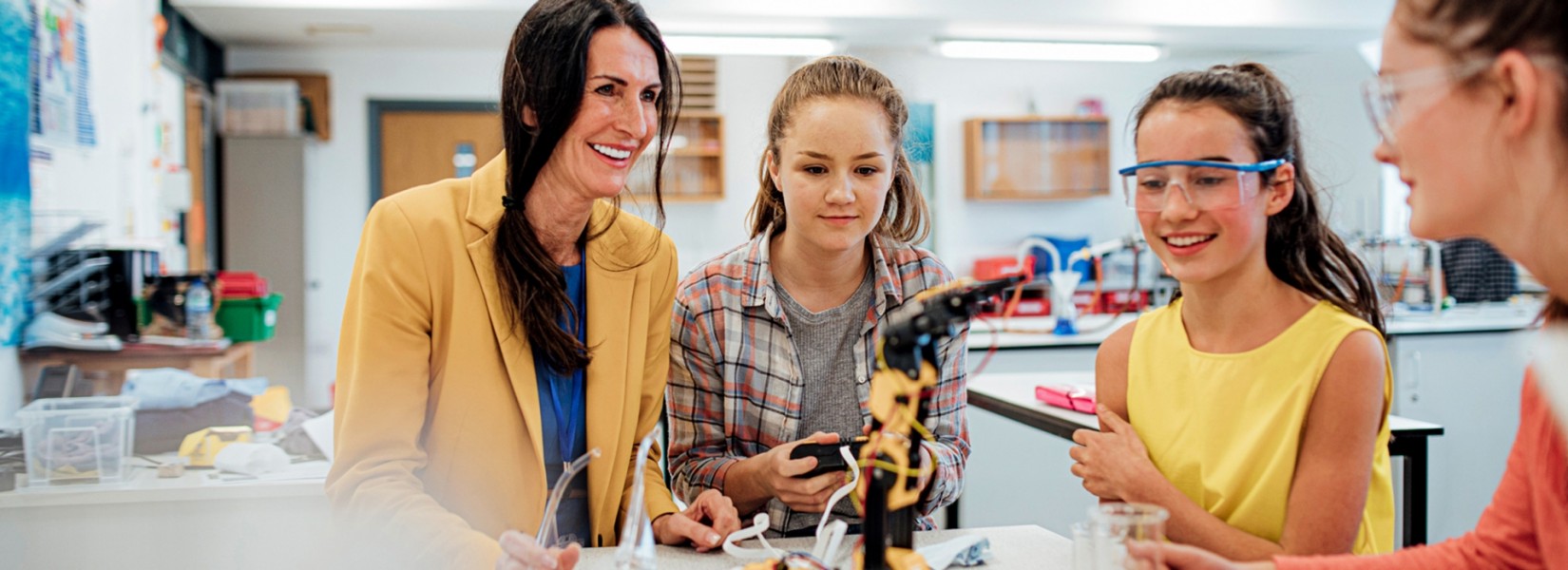Choose another country or region to
see content specific to your location

Being trauma informed and positive approaches to behaviour are essential in the post pandemic world
Two-thirds of teachers say pupil behaviour has worsened since the COVID-19 pandemic began and a third say it has worsened “noticeably” or “hugely”, according to a survey published by Tes.
More than 7,000 UK teachers responded to the survey, with many describing that fights have become “common” and they are “shocked” by lack of care among pupils towards each other and staff.
It is no surprise that returning to school following the pandemic is likely to evoke difficult feelings for students, many of whom have really struggled during lock down.
Pupils may have experienced trauma and loss in the past year, and according to the Department of Health and Social Care, as many as 1 in 6 young people now have a mental health problem which is up from 1 in 9 in 2017.
Some children will also find it difficult to go back into the highly structured environment of a classroom after experiencing a relatively high degree of freedom and will require support to reintegrate, follow routines, boundaries and expectations.
So, what should teachers keep in mind as schools return?
The government has announced that it will allocate £79 million to support 3 million pupils through mental health support teams in schools. However, it is important that schools and teachers are properly equipped to recognise and respond sensitively to children who have had traumatic experiences in lockdown when they return to the class.
Levels of worry, bewilderment and sadness are to be expected and it is important to consider whether the pupils you work with are displaying emotional and behavioural reactions that might indicate traumatic stress as early recognition and support can help to prevent stress and trauma manifesting.
Emotional wellbeing, relationships, kindness and a positive approach to behaviour should be high on the agenda of schools opening plans. Having a positive approach to behaviour is built upon the belief that challenging behaviours will reduce if the right conditions and opportunities are created for participants to learn positive and safe ways of communicating and meeting their needs.
This means staff should:
If you find yourself getting drawn into arguments with pupils, try to appear calm, even if you are not feeling it! Don’t accept provocations and take a deep breath.
Writing for Tes, Elena Diaz, a middle leader in the North East of England, said: “If blended and online teaching have taught us anything, it's that with the best of intentions, there will be times when things don’t go our way.
“When this happens – and it happens to us all – it’s important that we have a practised, in-control, calm persona to show our students… Above all, remember that you’re doing well, that you’re there for students who are braving a pandemic too, and that, above all, neither they nor we, can do without you.”
Stress often comes from feeling a lack of control, which is something that none of us have had during the pandemic.
The more stable and predictable your school operations are for students, the better. School leaders should consider where routines need to be retaught to ensure that this stability translates for students.
TES: Three ways to prevent behaviour problems on return
TES: Teachers 'need support to handle pupil lockdown trauma'
TES: 4 tips for managing behaviour on the return to school
TES: Exclusive: 70% of teachers see a Covid behaviour slump
TES: School mental health support backed with £79m
LGA: LGA responds to £79 million mental health funding boost for children and young people
NHS Digital: Mental Health of Children and Young People in England
Maybo provides online learning and face to face training for teachers that would like to develop their understanding of positive communication strategies, trauma informed approaches and how best to support children with additional needs. Contact us for more information or discover more here: click here
If you would like to discuss how we can help you please get in touch with one of our experts today